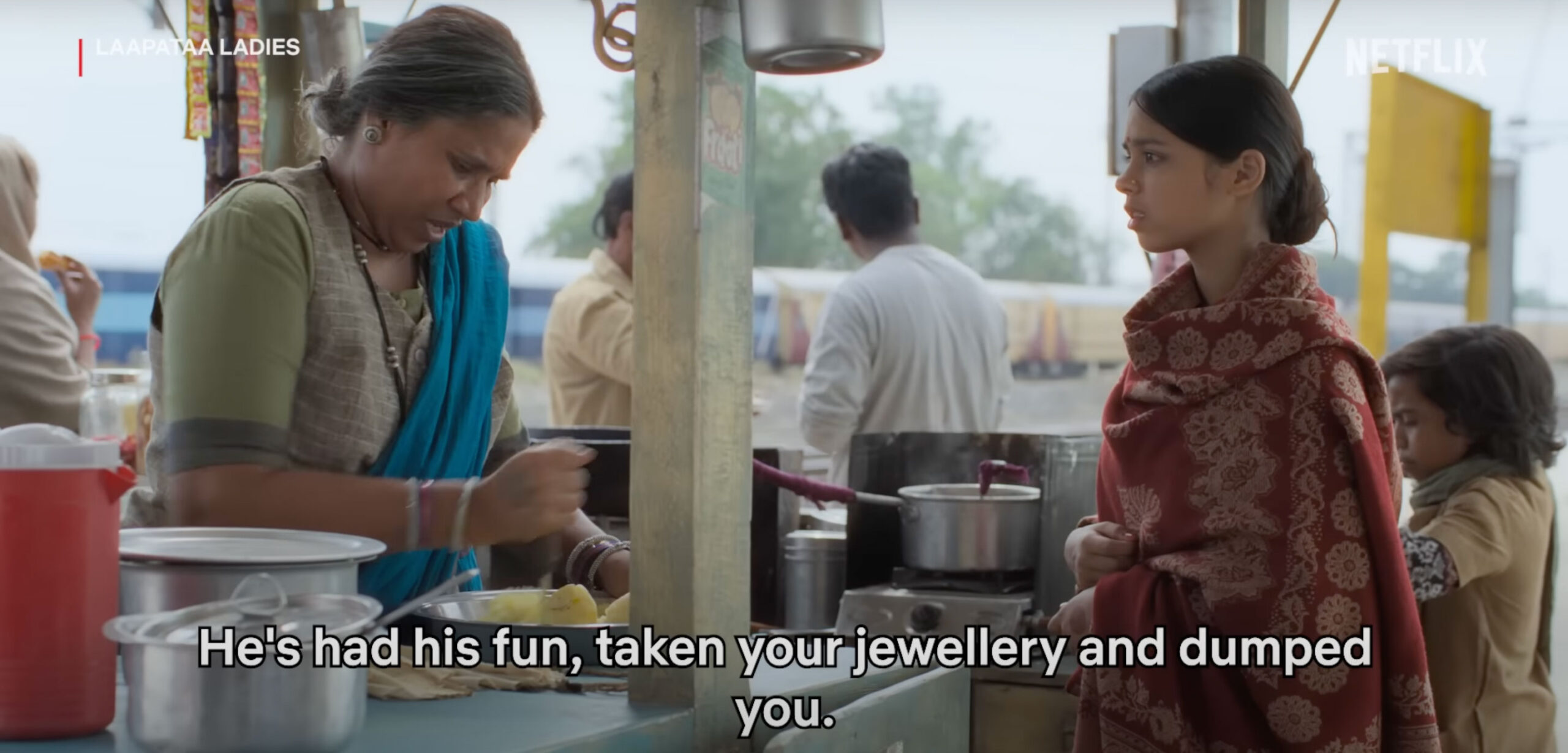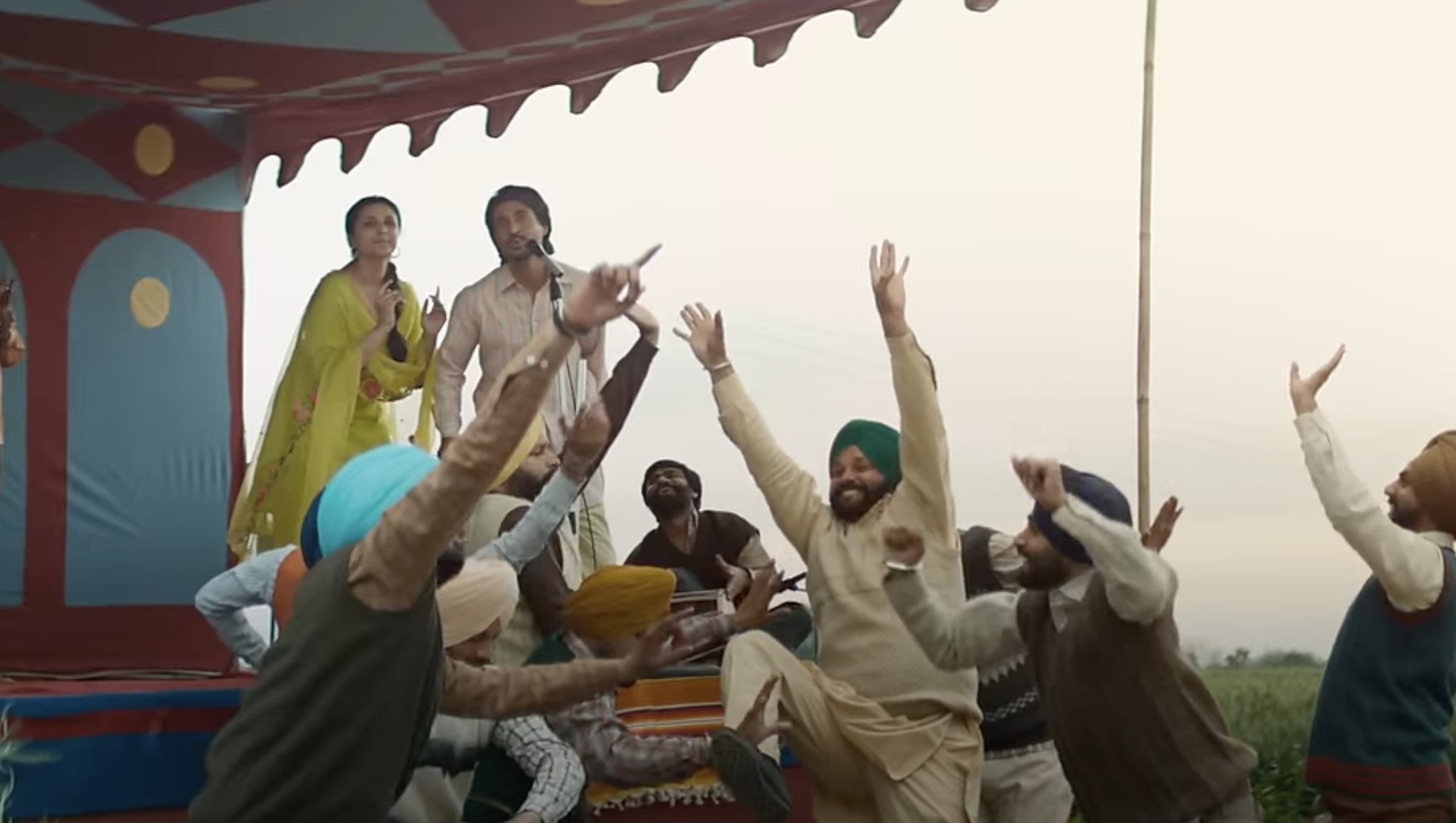That the media in north India does not give adequate attention to the condition of the Dalit-Bahujans is an old complaint. The journalists working for big media houses are rabidly casteist. So much so that they make fun of news of assaults on tribals, Dalits, OBCs and Muslims. This is true of both the print and the electronic media. For example, hundreds of incidents of rape and molestation of Dalit-Bahujan women take place every day. But it is only if a woman of any upper caste or one hailing from the elite sections of society suffers the ignominy that the media kicks up a big row. The inner contradictions of the Indian media are palpable. Let us see what the eminent personalities from different fields have to say about this state of affairs. Ashok Chaudhary has elicited their views.

Udit Raj,
National president, Indian Justice Party
This is very true. News relating to Dalits never gets the place that it deserves. The media gives the same space to AAP as to Modi but it has no place for Dalits. We will have to use the social media to spread our message. The media’s attitude towards issues relating to social justice is extremely biased. Of course, that does not mean that the Dalits do not need media houses to present their world view before the people at large.

Sanjay Paswan,
Former union minister and national president, BJP SC front
To begin with, we will have to make efforts to bring ourselves at par with other sections of society. It is not that Dalits never tried to establish their own media house. They did, but failed. We will have to create a place in the media through co-ordination and persuasion. Social justice should begin from the very bottom. Only then can we struggle with the upper castes for justice.

Ravish Kumar,
Senior journalist, NDTV
It is not that the voice of the Dalits is not heard in the media. In fact, the media covers such events, though the proportion may be somewhat unequal. Chandranbhan Prasad’s articles are regularly published by The Times of India. Some Hindi newspapers too give place to the voice of the Dalits. But this coverage is mostly event-centric. Its scope is limited. If the houses of Dalits are burnt, it will be covered but the media will not take notice of the lakhs of people gathering at Ambedkar’s Mahaparinirvan diwas. The way male chauvinism is assailed in news items or comments concerning atrocities against women is not done vis-à-vis the upper caste mindset. The media sees only Dalits and OBCs as casteist. For the media, criticizing casteist politics means criticizing the politics of Dalits-OBCs. It hardly, if ever, flays the attitude of the upper castes. So, even while accommodating the Dalit view point, it does not shun its biases. I do not have any hopes from the media on this count. It does not have people who can think and write on these issues. And those who can do it are small fries.

Prempal Sharma
Story writer and thinker
Firstly, I would like to say that I am really distressed by this trading of charges. We have learnt this from the politicians. The media and its intellectual class are busy shadow-boxing. To quote educationist Krishna Kumar, the educated citizen of the country is more casteist, communal and a blind follower of his religion as compared with the poor, uneducated man, who does not have the facts needed to fabricate charges and counter-charges. If the media is also divided into Dalits, Bahujans, Brahmins, Shias, Sunnis, Biharis, Gujratis, Haryanvis and so on, only God can save this country and its media. In this respect, a comment of Taslima Nasreen on the Tehelka case in the latest (December 11, 2013) issue of India Today is relevant. “The nation does not suffer as much if its politicians lose their way as it does if its intellectual class does”. If the intellectuals in the media do not shun casteism, this country has no future.

Urmilesh
Senior journalist
It is not only a question of Dalits and OBCs. News regarding all depressed groups and communities is ignored by the media. And there is nothing new in this. It is a very old trend. But after the economic reforms, there was the hope that the media would give up its old, feudal mindset. But that did not happen. Instead, those with a feudal mindset forged an alliance with the so-called captains of the economy. The corporatized media is ignoring not only Dalits and OBCs but all marginalized communities. In this scenario, only an alternative media can challenge the vice-like grip of monopolists on the media.

Avinash Das,
Editor, Mohalla Live
The Indian media may be widely believed to be an objective, democratic institution but the truth is that its structure is no different from the structure of Indian society with all its absurdities and discords. So, if the Dalit-Bahujans say that the media is not paying heed to their voice, the charge has some element of truth in it. The media has become fully commercialized now. Turnover has become its primary concern. The credibility of its news matters little. In the circumstances obtaining today, there is hardly any hope of societal reforms in the media. Upper castes dominate the top positions in media organizations. Even if a Bahujan reaches the top echelons he or she can do little except serve their interests. Today’s media understands the language of only money – capital. Here too, prosperous Dalit-Bahujans have an opening but this can be no substitute to fair and accurate reporting in the media in general. Dalit-Bahujans should work towards developing an alternative media because there is urgent need to publicize the way they see things. When alternative politics of Dalit-Bahujans can create a space for itself in the country, there is no reason why their alternative media would not be welcomed. But there is one condition. The structure of this alternative media should not be corporate. It should be co-operative. Only then would it be able to take on the mainstream Indian media and emerge as its viable and credible alternative.
Published in the January 2014 issue of the Forward Press magazine
Forward Press also publishes books on Bahujan issues. Forward Press Books sheds light on the widespread problems as well as the finer aspects of the Bahujan (Dalit, OBC, Adivasi, Nomadic, Pasmanda) community’s literature, culture, society and culture. Contact us for a list of FP Books’ titles and to order. Mobile: +919968527911, Email: info@forwardmagazine.in)





